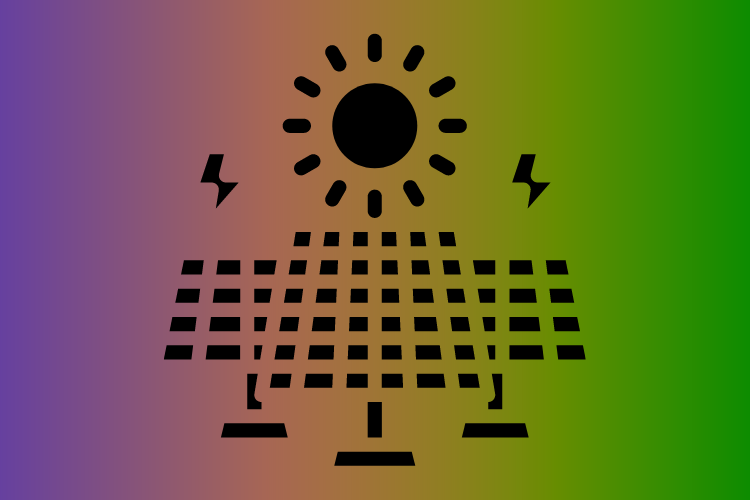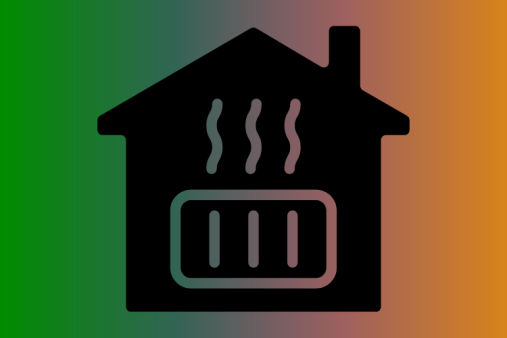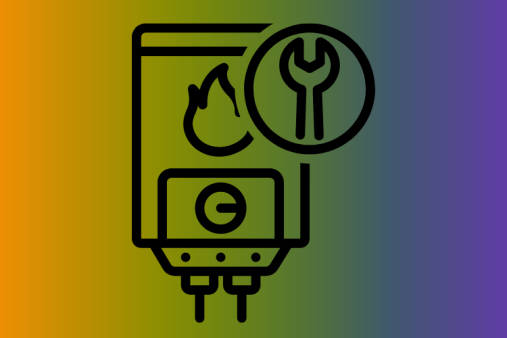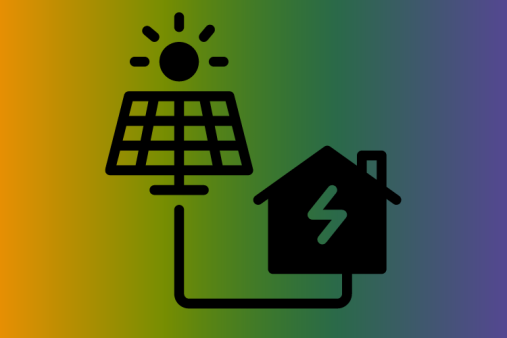How much are photovoltaic (PV) solar panels?
Solar panels have greatly increased in popularity in recent years, and as more of us have installed them on our homes, the price has come down too. Photovoltaic solar panels work by taking the energy from light or sunshine and converting it into electricity which can then be used to run lights or any other sort of domestic appliances. Any energy you generate through your solar panels will reduce your electricity bills accordingly, and if you are generating more than you us, you can sell the surplus back to the National Grid. Solar panels don’t need strong sunlight to function properly, and will eventually “pay for themselves” through savings on your energy bills. Government grants for installing solar panel technology have been decreased in recent years but installing solar panels can still be cost effective, and can help you to do your bit to save the planet too.
How many panels?
The first main variable affecting the price of solar panel installation on your property will be the roof space you have available, and the number of panels which you are thinking about having. It is not as simple as saying that twelve solar panels on the roof will be twice as expensive as having six – much of the cost of installing the panels is down to labour, connecting them up and erective scaffolding, so the additional cost for each extra panel comes down. In terms of getting the maximum output and efficiency from your new solar panels it is always best to have as many as you can fit onto the roof. As a very rough guide, installation of solar panels on an average three bedroom semi-detached house will cost anything between £6000 and £9000. Always make sure you get at least three quotes from local installation companies before agreeing to go ahead with any work, and make sure you do your homework about how much power you can expect to generate, and what reduction you can expect to see on your electricity bills. The average lifespan of solar panels is around 20 years, so once you have established where your breakeven point is, you can estimate your total profit. If, for example, your solar panels will take 13 years to pay back what they cost, you can reckon on seven years of profit from your panels.
Paying for Solar Panels – a Balancing Act
Every home is different, houses face in different directions, and the energy generated from your solar panels could be hugely different depending on whether you live in Truro or Inverness. Although the cost of installation in the north of Scotland and the south of England may be broadly similar, the difference in the amount of electricity generated can be substantial. For example, a typical household in the London area which installs solar panels on the roof could expect to save £650 on their energy bills every year, through a combination of reduced payments, and earnings from the feed-in tariff for exporting electricity back to the National Grid. For an identical installation in the Central Belt of Scotland, the savings are £500. Still substantial, but the difference means that the further north you live, the longer you will take to reap the benefits from your solar panels. If your home is not directly south facing, and you live in the north of the UK, your money could possibly be better spent improving the energy efficiency of your home in other ways, such as by investing in additional insulation, or by fitting new double glazing. Consider all of your options and look at independent websites such as USwitch or Which to get an idea of cost savings rather than relying on data from installers, who have a vested interest in selling you something.
I’ve Seen An Advert For Free Solar Panels – What’s the Catch?
Some smart companies are taking advantage of the interest in solar panels by offering you the opportunity to put solar panels on your home free of charge. You benefit from any savings on your electricity bills from using the energy from the panels, but you will not get any payments from the feed-in tariffs for excess energy. The company which installed the panels will also take care of the maintenance and upkeep. This can be a great way of reducing the price of your panels, but there are several issues which can be sticking points. Firstly, you have to get the agreement of your mortgage company if you do not own your home outright, and this is not always granted. It can also cause problems when you are trying to sell your property as if the buyer doesn’t agree to taking on the panel contract, you’ll have to pay to have them removed. Consider also what happens if the solar panel company goes out of business – who maintains your panels then? For some people the “free panel” offer will be a great opportunity, but it has to be considered very carefully.
Who Should Install my Panels?
The choice of who you get to install your panels will also be affected by where you live. If you live along the south cost of the UK where panels are popular, there are lots of companies competing for the business. Your choice may be much more restricted if you live in Scotland or Northern Ireland. Getting recommendations from friends and family is always the best way of finding a trustworthy and reputable company, but this isn’t always easy. If you are struggling to find enough people with personal experience of solar panel companies, look for a firm which is a member of the Microgeneration Certification Scheme. This is an official body which guarantees that both the company which is installing your panels and the panels themselves are up to scratch and will perform to standard. Also check the Renewable Energy Association for details of companies which have been shortlisted for their annual awards which recognise manufacturing and service excellence in this sector.





